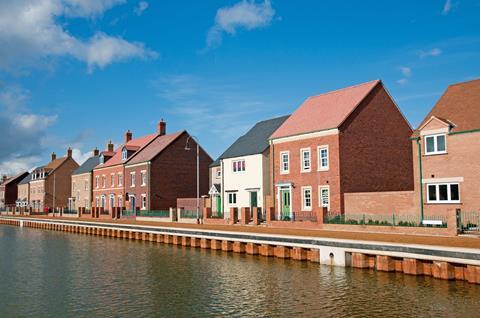Whitehall rethink over £900m annual grants to councils that invest in housing
The Treasury is to review the measures in place to incentivise councils to plan for new homes as part of the spending review due this year.

It could spell the end or significant reform of the New Homes Bonus, introduced by David Cameron’s coalition government in 2011. Worth £900m a year, it sees councils rewarded with additional cash depending on the number of homes built in their area.
In a speech to senior council figures yesterday, Luke Hall, the local government minister, said that the pan-Whitehall spending review, due some time after the Budget in March, will decide “the best approach to incentivising local housing supply and economic growth”.
Hall pointed out that the government has already committed to reform the New Homes Bonus, which gives grants to councils based on the additional housing stock delivered above a baseline of 0.4% growth.
The news comes after Boris Johnson used his first cabinet meeting of 2020 yesterday to make clear his determination to scrutinise “every penny” of government spending in the forthcoming review, and to scrap programmes seen as “sacred cows” in Whitehall if they are not delivering.
In October the government said it would “look again at the New Homes Bonus and explore the most effective way to incentivise housing growth” as part of a consultation on local government finance.
That month’s mini-spending review confirmed the continuation of the programme in 2020-21, but it also made clear that no New Homes Bonus “legacy payments” – which have rolled over for four years after the initial allocation – will be made on allocations this financial year.
In total nearly £8bn has been allocated under the New Homes Bonus since 2011. It was introduced to encourage local authorities to plan for housing growth by ensuring that they did not suffer financially if they did so.








No comments yet